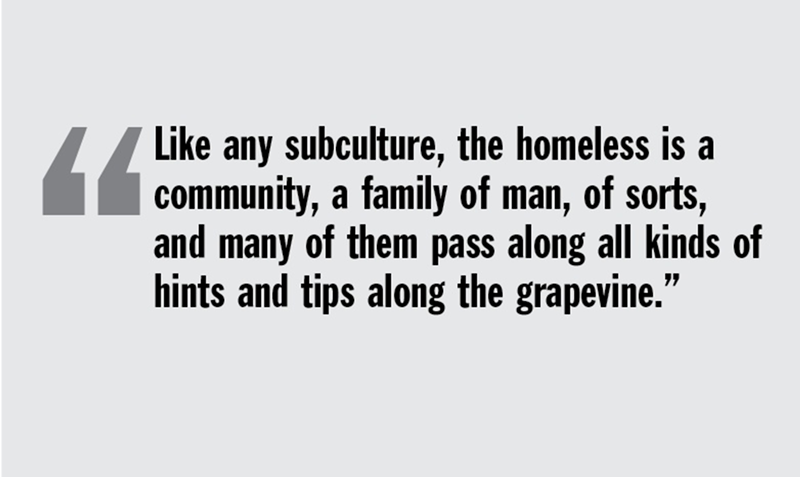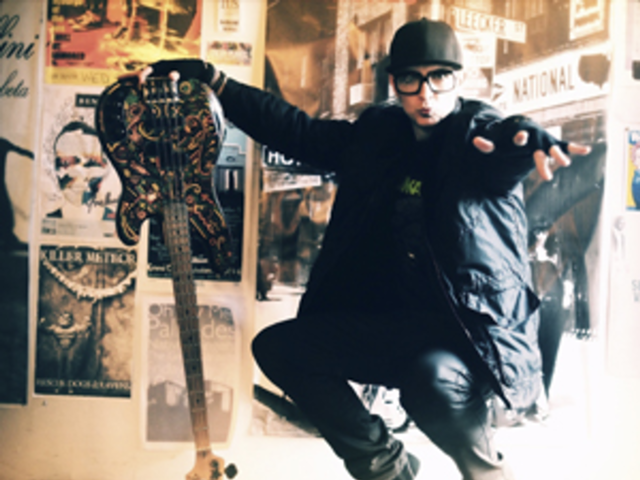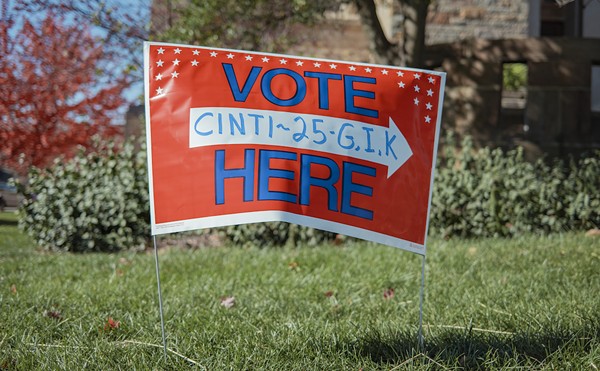“If I had a son, he’d look like Trayvon.”
— President Barack Obama
Sixteen months ago in a gated Sanford, Fla., community patrolled by a zealous, jittery and armed volunteer neighborhood watchman who felt threatened by the mere presence of an “unfamiliar” black kid walking alone, 17-year-old Trayvon Martin, the son of Tracy Martin and Sybrina Fulton, died on a sidewalk of a single gunshot to the chest, his hoodie maybe still up on his head.
It was raining.
Trayvon had been talking on his cell phone to a young woman when the armed neighborhood watchman fell in behind him on the sidewalk and followed him. She later told Sanford police Trayvon told her the man was “crazy and creepy” and soon she heard Trayvon say something like “Get off! Get off!” before the phone went dead.
Get off.
The 29-year-old armed neighborhood watchman, the Hispanic man with the Jewish last name who lied to the court about his finances so the judge would lower his bail when he was finally arrested and charged six weeks later, this man whose name I will not call or type, is finally facing trial for second-degree murder.
This week jury selection begins.
I do not speak for all black Americans, but among us we just sucked in a collective breath and we’re holding it in while we wait for the seating of a fair and untarnished jury who can think for themselves and deliver a just verdict in light of the evidence.
We are holding our breath, waiting to see if Judge Debra S. Nelson will keep control and demand Trayvon’s assailant’s legal team convince everyone their client didn’t get out of his car that rainy February night in 2012 intending to do Trayvon any harm.
Prove to us he didn’t see Trayvon walking and wish him dead so badly he aggressively confronted the boy to provoke a physical altercation because the shooter knew he had a gun.
He knew he could end any jump-off.
We are hoping Seminole County prosecutors will ask rhetorically why the man felt he even needed a gun on his hip in a gated community.
Please ask this in your opening statement.
Realistically, though, this case is loaded with sandbags that could sink it.
Seminole County prosecutors must prove in a second-degree murder case that the shooter had a sickness, the kind that could overcome a man misguided by a cocktail of adrenaline, anxiety, testosterone and racism. They must prove he was depraved and malicious in his intent to shoot and kill Trayvon Martin and that there was an absence of self-defense or the need for it.
A lone manslaughter charge would’ve been more of a slam-dunk, easier to prove.
Either way, blacks with a scintilla of institutional memory of the senseless deaths of (specifically) young black men on public sidewalks by triggermen — be they cops or packs of roving racist thugs — have been here before: waiting after the fact for strangers to do the right thing.
All this when we got here because a stranger did the wrong thing.
We have offered up the lives of our young to the criminal justice system only to see wrongdoers exonerated and let go; meanwhile, our boys’ names become historical footnotes and poorly written Wikipedia entries.
Stand Your Ground, Florida jurors, and subvert your state’s catchall law of the same name that says anyone who “feels” threatened can take deadly force in the name of self-defense.
Please, don’t feel threatened because this case isn’t solely about what happened mere seconds before Trayvon was shot in the chest. This is about race and what it means to affect the pose of a naive young black man on tierra desconocida, unfamiliar land, which, lately, most of America seems to be.
The closer we get to you, the more you make us see the Gap is more than a clothing store.
It’s where we live.
Meanwhile, among the living, this is graduation season across America.
Isn’t the passage of time a cruel mistress?
Everywhere, tens of thousands of newly liberated high school kids are figuring out what to do with themselves before going off to college or the military or to dead-end jobs or trips abroad or back to bed.
They will drink too much, smoke too much weed, stay up and out too late, be hungover, lose virginities, see bad summer movies, send millions of dollars in text messages and be further hypnotized by the blue screens of laptops and big-screen TVs.
Wonder if Trayvon would’ve gone to college and, if so, what would he have majored in? What would he have been if he’d been given a chance to walk back to where he was headed the night of Feb. 26, 2012, his Skittles, iced tea and other snacks jammed in the pockets of his hoodie?
And that hoodie.
Didn’t he know hoodies are the black man’s Klan robe, that a hoodie marks a black boy as sinister, imposing and incognito?
That hoodie made Trayvon appear like he was “up to no good,” a phrase his shooter used to describe the boy to a dispatcher while he was eyeballing and about to shoot Trayvon dead.
How would Trayvon have retold his encounter with the armed neighborhood watchman to his parents later?
Would he have been breathless?
Laughing to cover false bravado? Or would it have given him nightmares, made him antisocial, turned him into a closet bed wetter or a violent sociopath?
Would his parents have gotten him into therapy?
Sunday is Father’s Day.
I wonder exactly how deeply the ache in Tracy Martin’s chest is burrowing down right about now. Wonder if he watches the Spurs and the Heat, glancing down the sofa looking for Trayvon.
A ghost now.
Maybe Tracy Martin would’ve snagged tickets to a home game and taken Trayvon.
Where do fathers of dead children go on Father’s Day, anyway?
To the cemetery.
CONTACT KATHY Y. WILSON: [email protected]






